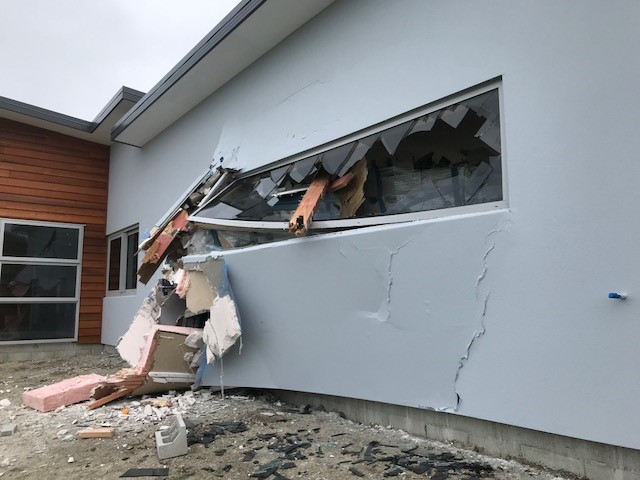We sometimes have clients asking to remove the automatic allowances within contract works insurance, since they believe they are not relevant to their job. This is a bad idea!
What are these allowances?
These are the typical ones:
Principal Supplied Materials
Some insurers give an automatic allowance if the homeowner supplies materials to the builder to incorporate into the works. For example, they buy the bathroom vanity or tiles themselves, or purchase the whiteware.
Demolition & Removal of Debris
This covers the extra costs if there is a disaster and the works have to be dismantled and carted away and the site cleared before rebuilding can start. If you don’t have this then the insurer won’t pay anything towards these costs. We know from the experience after the Christchurch earthquakes that demolition and removal costs can skyrocket after such an event, so an allowance needs to be made for this.
Professional Fees
This covers the additional costs of professionals such as architects, engineers and surveyors, as well as any consent fees necessary to rectify the loss after an event.
Increased Costs During Construction
This covers costs incurred for variations and fluctuations in the contract price, and/or increases in the costs of labour and materials during the construction period.
Escalation in Cost During Reconstruction
This covers the increases in costs during reconstruction work. It also covers the cost of inflation on any unbuilt part of the works prior to the loss.
To be clear, the last two don’t mean you can claim increased costs on your project. They just mean that if there is a claim (accidental damage to the works) that there is an allowance for cost increases that may have happened during the build or during the reconstruction.
Plans/Drawings and Site Documents
Covers the cost to replace any loss to these documents.
There are standard amounts for each of these, usually between 5% and 10% of the contract value. They can be adjusted on request, and the amounts need to reflect what your contract requires.
There are also other common allowances, both automatic and optional
Transit & storage
Covers accidental loss or damage to materials stored at other locations, as well as during their transit around the country.
Completion Cover
Normally, contract works insurance ends at the earlier of practical completion or the date on the policy. Completion Cover provides an extended period of cover after practical completion, which helps to cover the potential gap where a domestic house policy may not yet be in place (for example, because a CCC hasn’t been issued yet). Completion Cover doesn’t typically apply to spec homes, so you would need to specifically ask for this and have an endorsement added to your policy.
There are plenty of other extensions, both optional and automatic. All are contained within the policy wording, and it’s a good idea to understand what they are and ensure you’re meeting the terms of your contract and covering any potential hazards.
In a Nutshell
Make sure the allowances in your contract work insurance reflect the requirements of your contract. And certainly don’t remove them, as the automatic ones generally come at no extra cost (so you won’t save any money by taking them out).
The information presented in this article is general in nature and not intended to be financial advice for individual situations. You should speak to an expert about your specific circumstances and needs.




